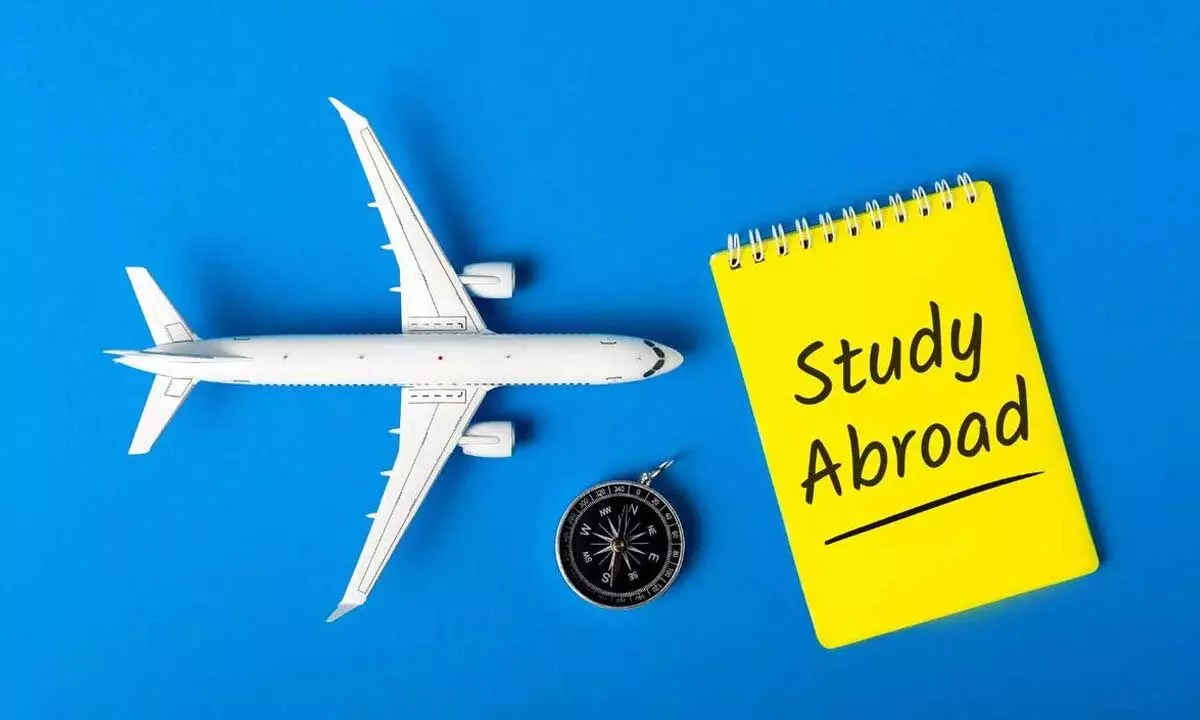Essential rules for studying abroad

Studying abroad can be a transformative experience, offering students the opportunity to immerse themselves in new cultures, gain diverse perspectives, and enhance their academic credentials
Studying abroad can be a transformative experience, offering students the opportunity to immerse themselves in new cultures, gain diverse perspectives, and enhance their academic credentials. However, ensuring safety and well-being while studying in a foreign country is paramount.
1. Research and Prepare Thoroughly
Before departing, invest time in researching your destination. Understand the cultural norms, local laws, and safety conditions of the country. Familiarize yourself with common local scams, emergency contact numbers, and the locations of your country’s embassy or consulate. Additionally, learning a few basic phrases in the local language can be invaluable. Preparation should also include understanding the healthcare system of the host country and arranging appropriate health insurance coverage that includes medical evacuation if necessary. Ensuring you have all necessary vaccinations and knowing how to access healthcare services will contribute to your peace of mind.
2. Stay Connected
Maintaining regular communication with family and friends is crucial. Share your travel itinerary, contact information, and details of where you will be staying. Establish a routine check-in schedule so that someone always knows your whereabouts. Modern technology offers various ways to stay connected, from social media to messaging apps. However, it's also wise to have local contacts, such as program coordinators or trusted friends, who can assist in emergencies. Equip yourself with a local SIM card or an international phone plan to ensure you can make calls and access the internet when needed.
3. Secure Your Personal Belongings
Theft and loss of personal belongings can be significant concerns for students abroad. Use a money belt or hidden pouch to carry important documents like your passport, visa, and emergency cash. Avoid carrying large sums of money or wearing expensive jewelry that might attract unwanted attention. Be vigilant in crowded places, as pickpocketing is common in tourist areas. Consider investing in a sturdy lock for your luggage and a portable safe for your accommodation. Additionally, make digital copies of important documents and store them securely online or in a cloud service.
4. Respect Local Customs and Laws
Adapting to the local culture and respecting customs is crucial for your safety and social integration. This includes understanding dress codes, social etiquette, and religious practices. Being aware of and compliant with local laws is equally important, as legal systems vary significantly around the world. Engaging in illegal activities, even unintentionally, can lead to severe consequences. Always carry identification and any necessary permits, and refrain from engaging in protests or political activities that could jeopardize your safety. Demonstrating cultural sensitivity will not only keep you safe but also enrich your experience.
5. Maintain Health and Wellness
Living abroad can be physically and mentally demanding. Prioritize your health by maintaining a balanced diet, staying hydrated, and getting regular exercise. Familiarize yourself with the local healthcare facilities and procedures for seeking medical attention. Mental health is equally important; the stress of adapting to a new environment can be challenging. Utilize support services provided by your educational institution, such as counseling or wellness programs. Stay connected with fellow students and engage in social activities to build a support network. If you feel overwhelmed, don’t hesitate to seek help.
Studying abroad requires careful planning and a proactive approach to ensure safety and well-being. By researching and preparing thoroughly, staying connected, securing your belongings, respecting local customs and laws, and maintaining your health, you can maximize the benefits of your international education experience while minimizing risks. Embrace the adventure, but always prioritize your safety and well-being.

